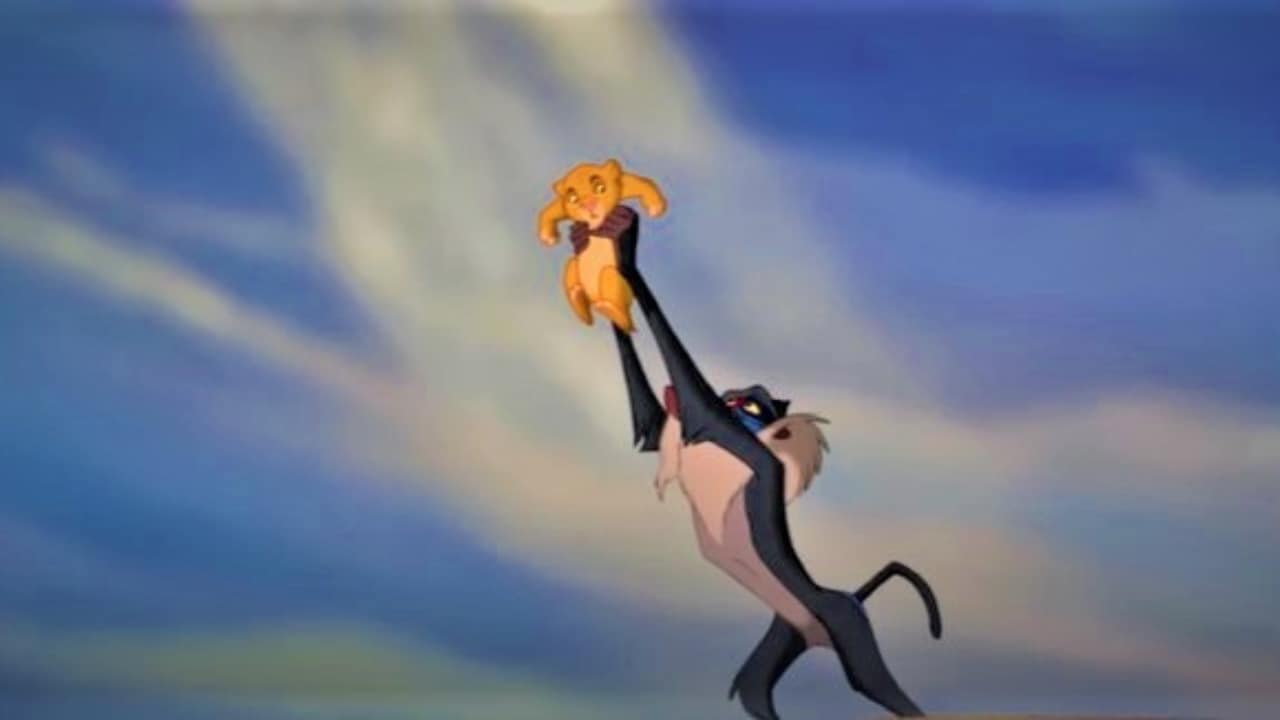Many moons ago, a global agency conducted several workshops for its creative teams across the country as a part of its team building strategy. A lot happened over those brainstorming sessions – ideas were shared and ideas were stolen.
As per watercooler conversations, we heard that one cutting-edge idea from a female creative director was picked up by a male senior creative director. He passed it off as his own. The advertising piece later also picked up a Lion at the Cannes Lions Festival of Creativity, the Oscars of advertising. A colleague of the female creative director, who saw her presenting the idea at the workshop, wrote to the management stating that there is a serious issue of credit hogging in the system.
Nothing really happened after that.The lesson that the female creative director, and her colleague who stood by her, picked up was that ad landers secretly and sometimes openly have an issue with credit sharing.
Storyboard18 spoke to several copywriters, designers, creative directors, art directors and CXOs from leading advertising agencies. All of them admitted that at some point in their career they had to fight to get a place on credit lists for themselves or their team members. They also had to fight to take names off credit lists. Names of people who contributed close to nothing to their creative projects. Many even shared how astonished they were when they saw their campaigns in the portfolios of folks they don’t even remember working with.
Advertising is a business of insecurity. Let’s admit that.
A creative chief of an independent shop recalls one such instance. “A few weeks ago, I interviewed a senior creative director for my team. He worked with my previous agency. However, I had never met him because he was based in another city. I looked at his folio and realised he had prominently mentioned that he worked on a project that I led and managed. I decided to play along and asked him the genesis of the idea. He shared a completely different story. I politely asked him to leave and Google about the work I have done.”
A senior copywriter tells Storyboard18, on the condition of anonymity, how creative chiefs at leading agencies maintain idea banks. “These are notes on ideas and full scripts shared by ex-colleagues during their notice period. If it qualifies, senior creative directors use it as inspiration and build upon it.”
Whose idea is it anyway?
There are several opinions on the issue of credit and how it’s shared or not shared.
Prathap Suthan, managing partner and chief creative officer of Bang In The Middle, believes an idea is never a group effort. “Ideas always happen in one head. Then, it is developed together. An idea is a process of sharing thoughts, brainstorming, somebody gets inspired and has the eureka moment,” he adds.
Most agencies attribute their work to “team effort” to avoid internal conflicts.
Ad veteran KV Sridhar, who is the global chief creative officer of Nihilent, thinks the right thing for an agency to do is to announce to the world where the idea came from and to celebrate that person. Sridhar says this will not only boost the confidence of upcoming talent but also help them enhance their portfolios. However, most agencies attribute their work to “team effort” to avoid internal conflicts, he admits.
Naturally, the issue of credit heats up in ad land during awards season.
Kaustav Das, CEO, Ralph & Das, says, “Young guys are joining the industry to be seen in the awards circle. They want to build their portfolios with award-winning work. This has led to the making of several credit hoggers. Advertising is a business of insecurity. Let’s admit that.”
However, agencies are trying to find a balance to keep everyone involved in award-winning campaigns happy.
Consider VICE World News’ The Unfiltered History Tour that put India on the global ad map this year at Cannes Lions, grabbing the biggest-ever haul of Lions for an Indian campaign. It was the brainchild of PG Aditiya and Gautam Reghunath when they ran the show at Dentsu Webchutney.
It took the duo and an army of writers, animators, sound engineers, researchers, historians, freelancers, and the client team to conceptualise and execute the ambitious project. While the team from Dentsu Webchutney went on the big stage and got the Lions home, Aditiya and Reghunath, who are now founders of the independent creative agency Talent, made sure everyone was given due credit.
Aditiya and Reghunath had moved on from Dentsu by the time the campaign went on a winning spree at global award shows. But they celebrated the win with their former colleagues at Dentsu Webchutney and vice versa.
Read more: Indian adland becomes more mature in matters of credit
What an idea, sirji!
“There are always issues around credit popping up at agencies. A lot of time, especially in larger projects, it becomes difficult to track who all have contributed to the work. In such a scenario, the fair approach is to credit everyone who is involved in the project,” says Reghunath.
He also suggests the introduction of a platform like IMDB for advertising agencies which could be a good place to maintain records of official credits and campaign details.
However, at the end of the day, who really owns the idea?
Ideally, everybody owns an idea, says Suthan.
On the other hand, Sridhar believes, clients own the idea because they pay for the idea.
“Clients are also playing a vital role because they are pushing for the final goal. They give you a brief, they pick the right idea, and they provide all the support including monetary support. Legally, clients own the ideas.” But, he adds, “Morally, the agencies own the ideas.”
